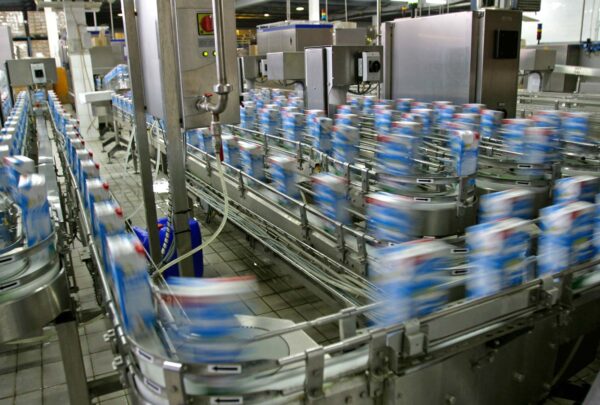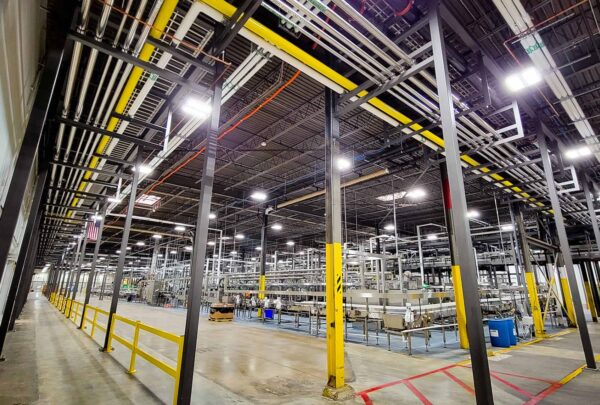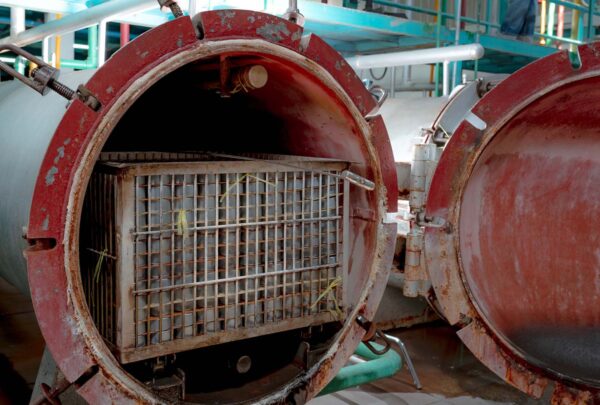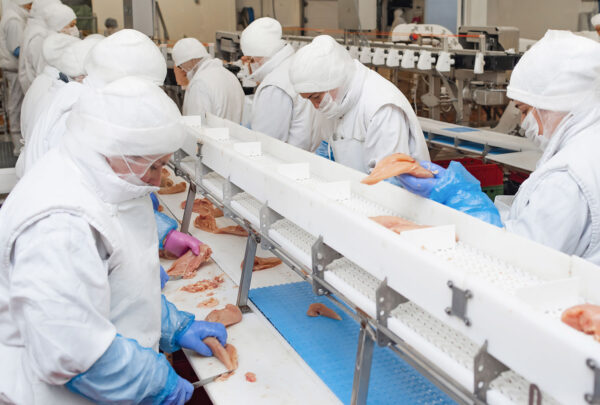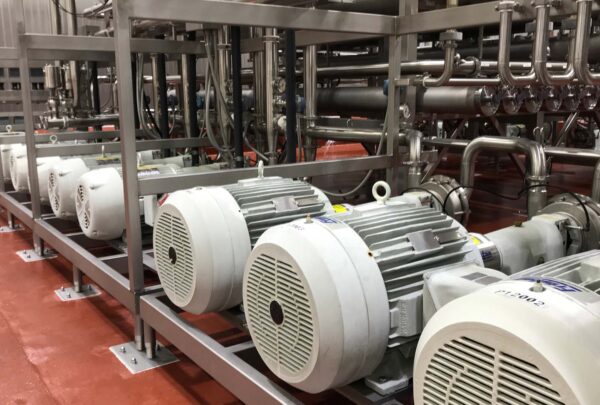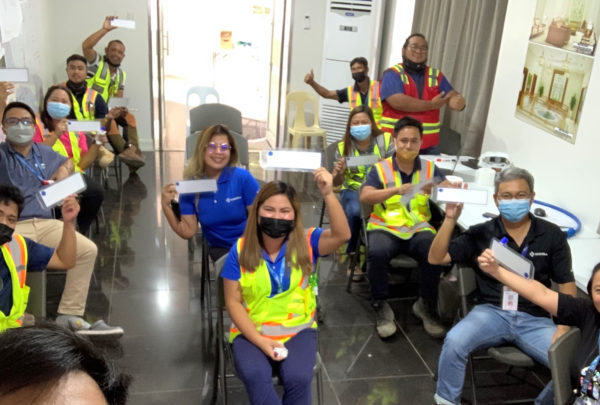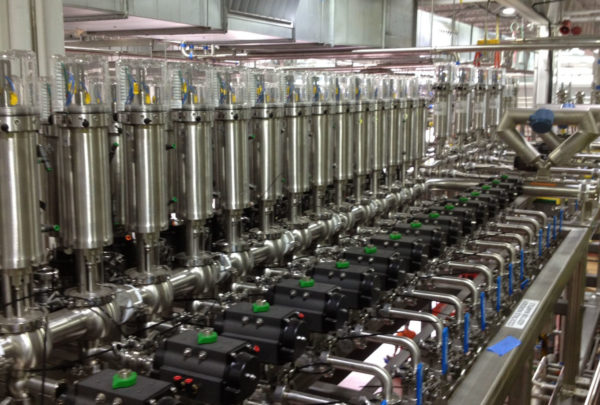Even though it is only starting to emerge, the alternative proteins industry already has set sights on Asia, the largest meat-consuming area in the world.
Recently, Haskell’s Erik Lightner, Vice President and Division Leader of Consumer Products, participated in a panel hosted by Singapore’s Economic Development Board during which several subject matter experts discussed “Scaling Alternative Proteins in Asia,” focusing on how players in the alternative meat business can find success in the vast and growing Asian market.
Asia is the largest region in the world by population, with over 4.5 billion inhabitants, and expects to add around 250 million more people by 2030. Today’s Asian market is defined by “New Asian Consumers,” a term coined by panelist Geraldine Goh, Director at Temasek’s Enterprise Development Group. This group of Asians is defined by its high purchasing power and upper-middle-class status. Many of these consumers are concerned with wellness, sustainability, and ethical food consumption. Thus, “New Asian Consumers” are an ideal market for plant-based proteins.
Since Asia is an incredibly diverse region, product development will need to be catered to local and regional consumer preferences. The many cultures populating Asia have various customs and traditions, especially when it comes to cuisine, so alternative protein companies looking to expand into Asia will need to understand which products are suitable for each local or regional market. Also, Asian countries with high concentrations of Muslims, like Indonesia, will require Halal options.
Although demand for alternative proteins is rising, the industry remains nascent.
“Process technology expansion is key for scaling up alternative protein production,” Lightner said. “Haskell has already completed projects for multiple confidential alternative proteins companies, and Haskell’s rich experience in the food and beverage industry has given the company valuable expertise in process designs that will be useful for future alternative meat facilities.”
Strategic hiring of food-science talent is crucial for success in Asia. Collaboration with universities and trade schools will encourage talented young professionals to join and make their marks in the alternative protein industry. Companies need not only a strong product but also a premier workforce, effective marketing strategies, and a robust business model in order to find success in Asia.
Despite its high potential, the Asian alternative meats market presents challenges. Raw materials procurement, high shipping costs, supply-chain delays, and labor shortages have been hindrances. Haskell specializes in helping clients overcome hurdles as they take new food technology from the drawing board to the grocer’s shelf.
“Haskell works with clients from R&D completion to full-scale operations, and facilitating this growth can be quite a challenge,” Lightner said. “Designing a production facility that increases output tenfold or even one hundredfold while meeting product criteria is no easy feat. Integrative solutions are required to overcome these challenges, and as a fully integrated design-build firm, Haskell possesses all the resources and services necessary to surmount production obstacles.”
Discrepancies between the different regulatory agencies in Asia also present complications, as different countries have different standards or laws governing alternative protein production and distribution. To avoid regulatory issues, the public and private sectors must establish partnerships and collaborate so that all parties understand the nuances of alternative proteins production and food-safety standards.
“Early engagement with the client and the relevant regulators is critical in order to guarantee cost points and deadlines,” Lightner said. “A successful alternative proteins project requires a team that has an in-depth understanding of all the specific building codes, environmental regulations, and food-safety standards applicable to the new facility. Haskell has the experience and the global scale to ensure success.”
Contact us to discover how Haskell’s deep well of process and packaging engineering expertise can scale dazzling bench science to a profitable production setting.


